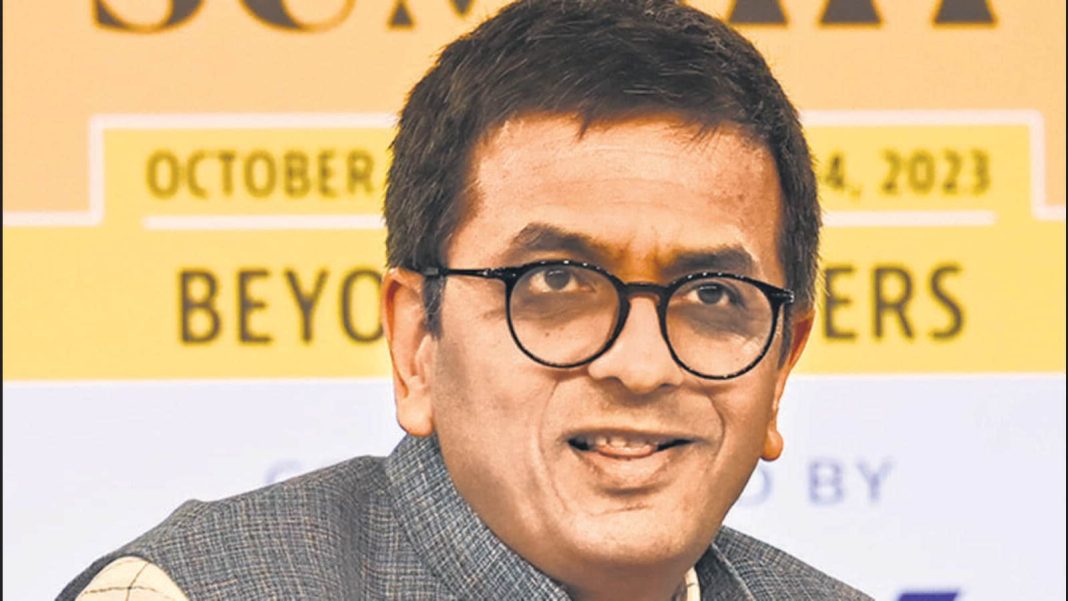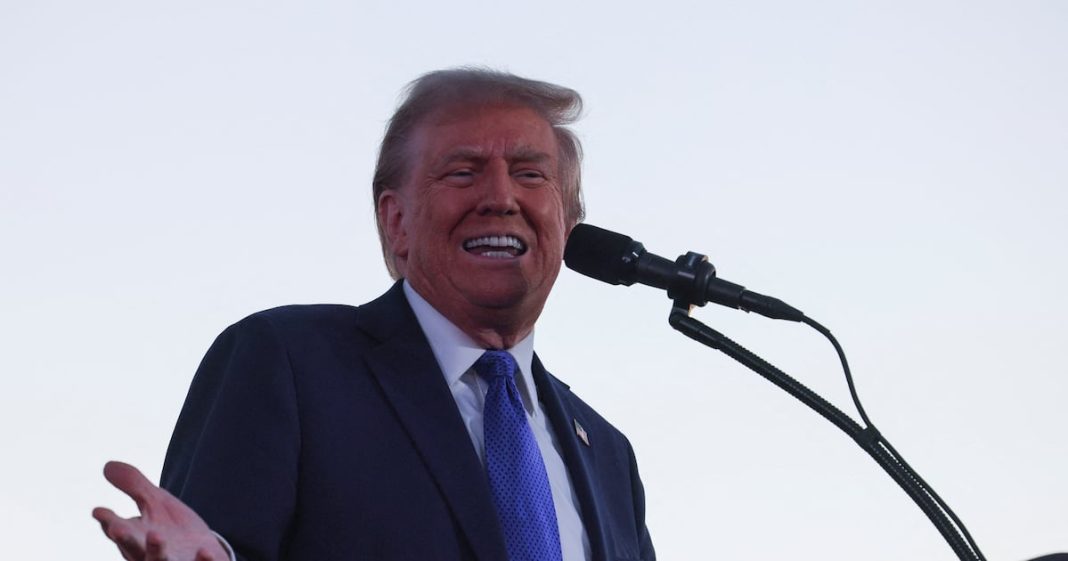Arab American Voter Base: A Nuanced Perspective Ahead of the 2024 Elections
As the 2024 U.S. presidential election approaches, the Arab American voter base is emerging as a significant yet often misunderstood demographic. Traditionally viewed through the lens of Middle Eastern issues, particularly the Palestinian-Israeli conflict, recent insights reveal that Arab Americans are equally concerned about domestic matters like the economy, border security, and hate speech. This evolving perspective was highlighted in a recent survey conducted by Arab News and YouGov, which sheds light on the complexities of Arab American voting priorities.
Joseph Haboush, Washington correspondent for Al Arabiya English, and Tarek Ali Ahmad, head of Arab News’ Research & Studies Unit, discussed the survey’s findings during a taping of “The Ray Hanania Radio Show.” Haboush emphasized that while the Palestinian issue remains significant, it is not the sole focus for many Arab American voters. “The issue of Palestine is not as prevalent among the Arab American voters as one might think,” he noted, pointing out that many Lebanese Americans, in particular, have diverse views shaped by Lebanon’s own tumultuous history with the Palestinian community.
The Lebanese Civil War, which lasted from 1975 to 1990, saw the influx of Palestinians into Lebanon, creating a complex and often contentious relationship. Haboush explained that some Lebanese Americans hold conflicting views on the Palestinian issue, which complicates their voting priorities. “It’s interesting that it might not be as high of a priority among the Arab American voters as an outsider might think,” he said.
The survey results indicate that Arab American voters are not a monolithic bloc driven solely by foreign policy concerns. Instead, they are weighing multiple priorities as they approach the election, particularly in a race that pits Republican nominee Donald Trump against Democrat Kamala Harris. The poll revealed that these voters are nearly evenly split in their support for the two candidates, with only a small percentage favoring third-party candidate Jill Stein, known for her criticism of U.S. support for Israel.
Ahmad pointed out that the Arab American community, particularly in battleground states like Michigan, could play a crucial role in swaying the election outcome. “A small segment of undecided voters could be pivotal,” he said, highlighting the importance of understanding the diverse perspectives within the Arab American electorate.
The Biden administration has faced criticism for its unwavering support of Israel amid escalating violence in the region, which has pushed the situation to the brink of wider conflict. Despite this, the survey found that 52 percent of Arab Americans want the U.S. to maintain or increase its military presence in the Middle East. Haboush explained that many believe U.S. involvement is crucial for stability, even as they express frustration with the current administration’s foreign policy.
As tensions continue to rise, particularly following the recent death of Hamas leader Yahya Sinwar, the political landscape is shifting. Israeli Prime Minister Benjamin Netanyahu has vowed to continue military operations, while some officials see Sinwar’s death as a potential opening for peace. With less than 20 days until the election, analysts suggest that President Biden may seize this moment to advocate for a ceasefire, which could influence voter sentiment and bolster Harris’s campaign.
Interestingly, the survey revealed a notable division among Arab Americans regarding who they believe is better equipped to handle the Israeli-Palestinian conflict. Many respondents expressed skepticism about both candidates’ abilities to resolve the situation, with a significant number leaning toward Stein in protest of U.S. foreign policy.
As Haboush noted, the younger generation of Arab Americans is becoming increasingly vocal about their concerns, particularly on social media. This demographic shift adds another layer of complexity to the voting landscape, as first-time voters may prioritize different issues than their elders.
With the election looming, both Trump and Harris are recognizing the importance of the Arab American vote. Media attention is growing, and campaigns are focusing on undecided voters in key states. Haboush criticized mainstream media for oversimplifying the Arab American experience, often portraying the community solely as victims of conflict. “The media don’t see the productive role that they’ve played generation after generation in this country,” he said.
As the full survey results are set to be released in the coming days, they promise to provide deeper insights into Arab American voting patterns and the issues shaping their decisions. The 2024 election is shaping up to be one of the most anticipated in recent history, and the Arab American vote may prove to be more pivotal—and complex—than ever before.
“The Ray Hanania Radio Show” airs every Thursday on the U.S. Arab Radio Network, offering a platform for discussions on these pressing issues. As the election date approaches, the Arab American community’s diverse perspectives will undoubtedly play a crucial role in shaping the future of American politics.



